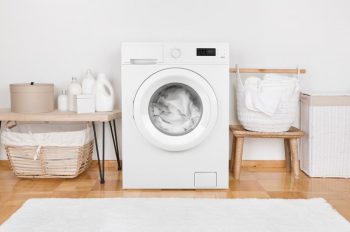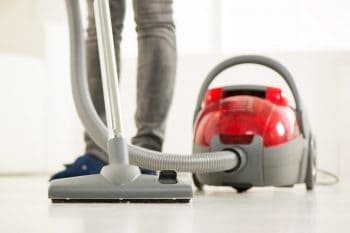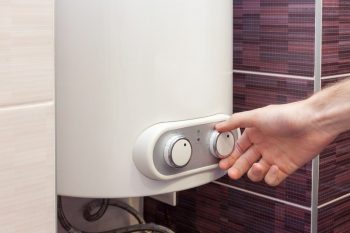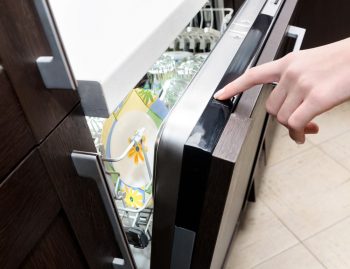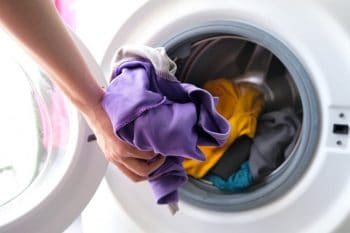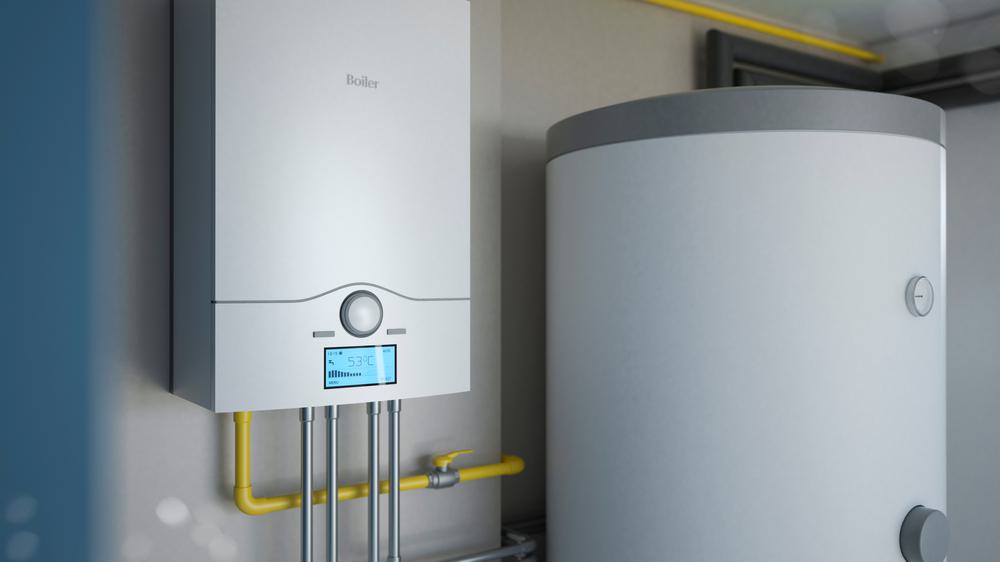
Water heaters are essential for our daily activities, from taking warm showers to washing dishes and laundry. However, there may be times when you need to turn off the water supply to your water heater. This could be due to a leak, for maintenance, or if you’re going on vacation. Regardless of the reason, it’s important to know how to properly and safely turn off your hot water heater water supply.
To turn off the hot water heater water supply, first, turn off the power source: for an electric heater, flip the breaker to the “off” position; for a gas heater, turn the temperature dial to off and shut off the gas supply line. Next, locate the water supply line, usually near or at the top of the heater, and turn the handle or valve to the “off” position. If necessary, attach a garden hose to the heater’s drain spigot and open the drain valve to drain the water. Always remember to turn off the heater before draining to avoid the risk of scalding or electrocution.
Reasons to Turn Off Hot Water Heater Water Supply
There are several main reasons why you might need to turn off your hot water heater water supply:
- When the main water supply is turned off: If your main water supply is turned off for any reason, it’s best to shut down the water heater as well. If you continue to run your water heater when the tank isn’t full, it could cause heat damage to the internal components.
- In case of a leak: If your water heater starts to leak, it’s a sign of a faulty valve or that your heater is simply too old and needs replacing. A water leak from your heater could cause damage to your walls or floors, so it’s best to turn it off until you can get support from a professional plumber.
- During extended absences: If you’re going on vacation or will be away from home for an extended period, it’s prudent to turn off the water heater. This prevents unnecessary energy consumption and potential damage in case of a leak.
- For repairs: If you’re making a plumbing repair that could potentially drain the water heater, and the repair could extend for a day or so, then it’s best to turn off the water heater.
- When the tank is empty: If your hot water tank is empty and will not be refilled immediately, you should turn off your water heater. Leaving the water heater on when the tank is empty can lead to excessive heat buildup, which can potentially damage the tank.
How to Turn Off Hot Water Heater Water Supply
Electric Water Heaters
If you have an electric water heater, follow these steps:
- Turn off the breaker: Locate your home’s electrical panel and find the breaker that connects to your heater. Flip the breaker to the “off” position.
- Shut off the water supply: Look for the water supply line, usually on the top right of the water heater. Turn the handle to the “off” position by twisting it counterclockwise as far as it will go.
- Drain the water heater (if necessary): If you need to drain the heater, attach a garden hose to the threaded drain spigot near the bottom of your water heater. Open the drain valve with a screwdriver to start draining water.
Gas Water Heaters
If you have a gas water heater, follow these steps:
- Turn off the gas supply: Find the temperature dial on the bottom area of the tank. When you find it, turn the dial all the way to off.
- Turn off the water supply: Locate the plumbing line, usually near or at the top of the water heater. Turn the valve off, and you will have successfully turned off the water supply.
- Turn off the gas supply line: Locate the gas supply line and its valve. It is usually located right by the water heater. Turn the lever (perpendicular) or the knob (clockwise) to shut off the gas supply.
- Drain the heater (if necessary): If you need to drain the heater, now is the time. Hook up a garden hose to the boiler drain and place the hose outside or in a bucket to drain the supply.
Remember, before draining your water heater, you must turn it off to avoid the risk of scalding or electrocution.
Common Mistakes to Avoid
When turning off your hot water heater water supply, avoid these common mistakes:
- Not turning off the water heater when the main water supply is off: This can cause heat damage to the internal components of the heater.
- Turning off the water heater too frequently: This can cause additional wear and tear on your machine and put it under extra stress, which could cause it to malfunction.
- Not filling the tank before turning on the water heater: Switching on the water heater with an empty tank may damage the burning elements of the tank heater.
- Not turning off the water heater when it’s leaking: A water leak from your heater could cause damage to your walls or floors, so turn it off until you can get support from a professional plumber.
When to Call a Professional
It’s important to call a professional if you’re unsure about any aspect of turning off your hot water heater water supply or if you suspect a more serious issue that requires expert attention. This includes gas leaks, strange noises, leaks, or issues with the electrical system connected to the water heater.
In conclusion, knowing how to properly and safely turn off your hot water heater water supply is an essential skill for any homeowner. By following the steps outlined above and avoiding common mistakes, you can ensure that your water heater is turned off safely and correctly, preventing potential damage and ensuring the longevity of your appliance.
Frequently Asked Questions
How often should I drain my water heater?
It’s recommended to drain and flush your water heater at least once a year. This helps to remove sediment that has built up in the bottom of the tank, which can cause the heater to work harder and lead to inefficiency.
Is it dangerous to turn off my water heater?
No, it’s not dangerous to turn off your water heater. In fact, it’s a necessary step if you’re going on vacation, performing maintenance, or dealing with a leak. However, you must be careful when turning it back on, especially if the tank is empty. Always make sure to refill the tank before turning the heater back on to avoid damage.
Can I turn off my water heater to save energy?
Yes, turning off your water heater when it’s not in use, such as when you’re away from home for an extended period, can help save energy and reduce your utility bills. However, you’ll also need to consider the energy required to reheat the water when you turn the heater back on.
What should I do if my water heater is leaking gas?
If your water heater is leaking gas, it’s crucial to act immediately as this can be very dangerous. Turn off the gas supply if you can do so safely, then evacuate your home and call your gas company or a professional plumber. Don’t use any electrical appliances, lights, or even your phone until you’re safely outside, as these can spark and cause an explosion.
How will I know if my water heater is leaking?
Signs of a water heater leak include water pooling around the bottom of the heater, a drop in water pressure, or a reduction in the amount of hot water your heater is able to produce. If you notice any of these signs, turn off your water heater and call a professional plumber.

